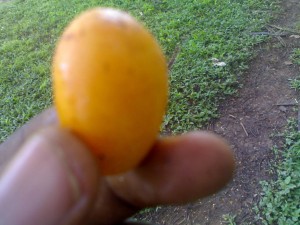
Nigerian Ìyeyè
A while ago in Ibadan Nigeria, before I began my Fulbright programme, I’d shared my fascination with the ìyeyè with friends on Facebook, and the response was enlightening. A few of them hadn’t seen it before nor enjoyed it’s delicious taste. I was discovering for the first time that the fruit which looked like a juicy berry that as little children we enjoyed picking up from under its tree as it falls down ripe during the summer was not as popular in all of Yorubaland as I had previously thought. There were some people who grew up in parts of the country without even ever having heard of it.
I’ve now developed a similar fascination in the United States when I discovered the fact that not as many people as I thought know what plantain is or what it tastes like. Interestingly, even Reham the Egyptian has displayed a similar kind of ignorance which is understandable when I put it in mind that Egypt is in Africa’s Sahara region, perhaps not a place conducive to growing such food crops. At the get-together we had at Rudy’s house on Tuesday for my birthday, we inevitably got around to discussing food, and I made another startling discovery that America has no such food as yam. What they called yam here is actually Irish potato, which I’ve had the pleasure of having as a good meal of potato salad.
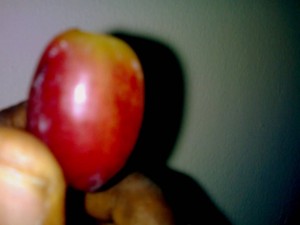
American Red Grapes
Now grapes. It has been a good pleasure first to discover that one could buy and enjoy a bunch of red table grapes here for a far, far less amount than one pays for it back home. The first (and inevitably last) time that I asked how much a bunch of grapes cost in Lagos Nigeria, I believe it was between $10 and $40, which is only understandable when I know that we neither plant nor “produce” it there. They are imported. And secondly that no matter how hard I try to shake the thought, I can’t but conclude that the American grapes are a sort of distant family to my Nigerian ìyeyè even though they taste a little differently, and the ìyeyè has a seed in its core which the grapes don’t. They look much alike, and they both are berries with a juicy inside and a soft covering. I don’t know much of Agriculture, but I won’t bet against the fact of this similarity. Help anyone?
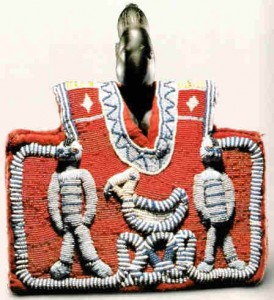 “Do you still have kings there?” Another one asked.
“Do you still have kings there?” Another one asked.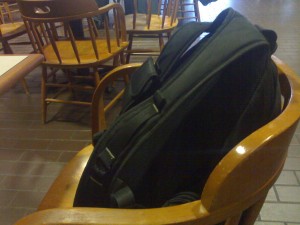 Yesterday, we had class practices of oral conversations. The students were paired with each other and they took turns to display their knowledge of conversation techniques by dramatizing the scenario of a chance meeting by two previously unfamiliar strangers meeting on the streets of Osogbo or any other Yoruba town.
Yesterday, we had class practices of oral conversations. The students were paired with each other and they took turns to display their knowledge of conversation techniques by dramatizing the scenario of a chance meeting by two previously unfamiliar strangers meeting on the streets of Osogbo or any other Yoruba town.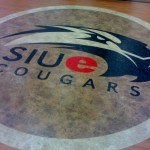

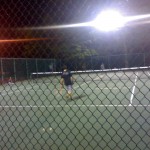

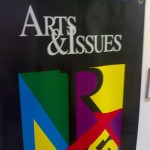


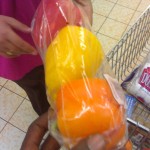





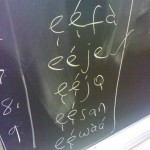
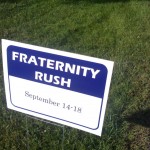
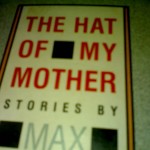
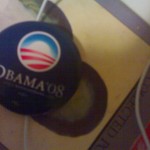
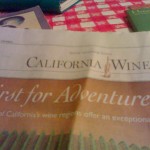



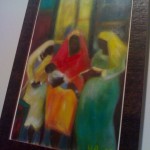
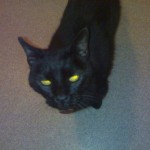


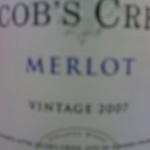
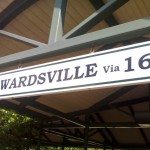
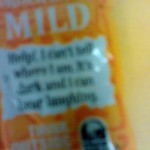



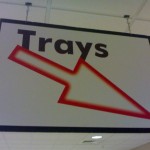




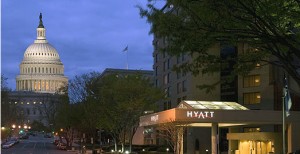 ight FLTA Conference. It is not a totally unexpected news, but coming today, it is a pleasant beacon of warm hope waiting for me in the city of the Capitol.
ight FLTA Conference. It is not a totally unexpected news, but coming today, it is a pleasant beacon of warm hope waiting for me in the city of the Capitol.